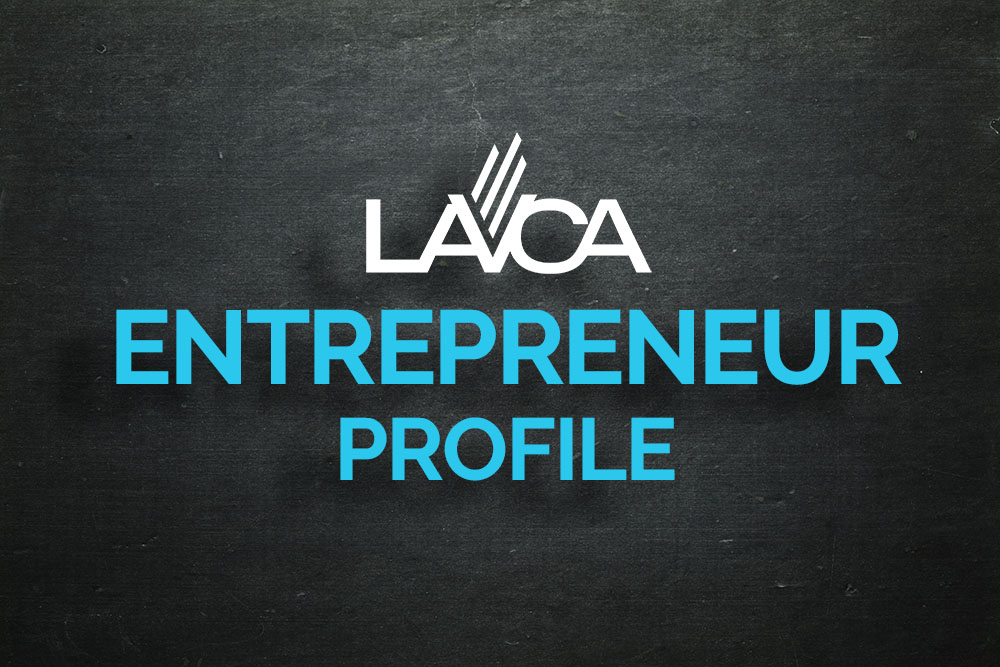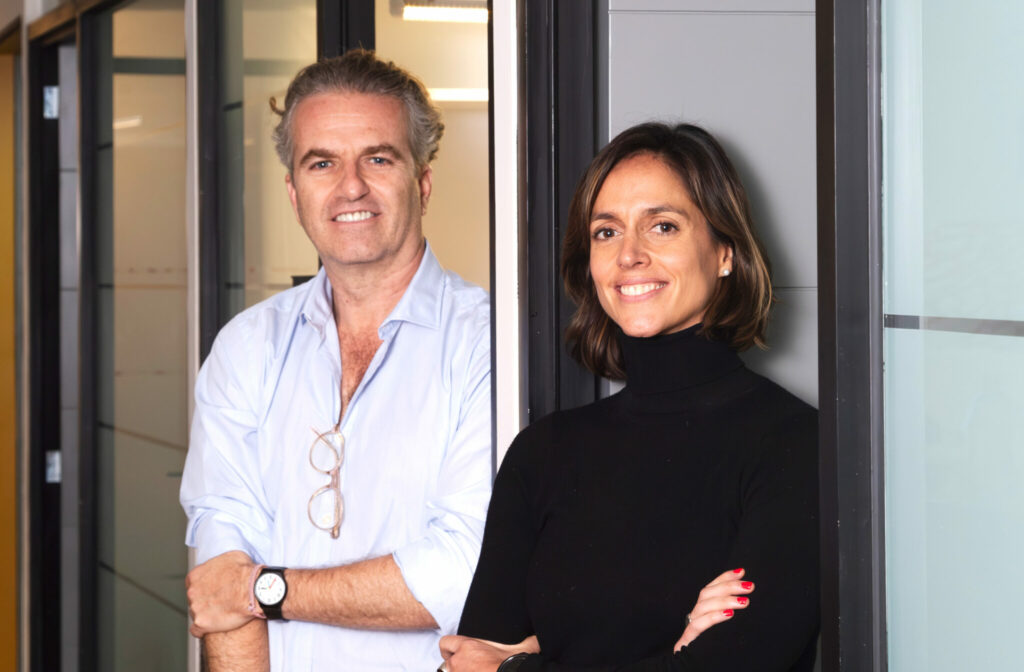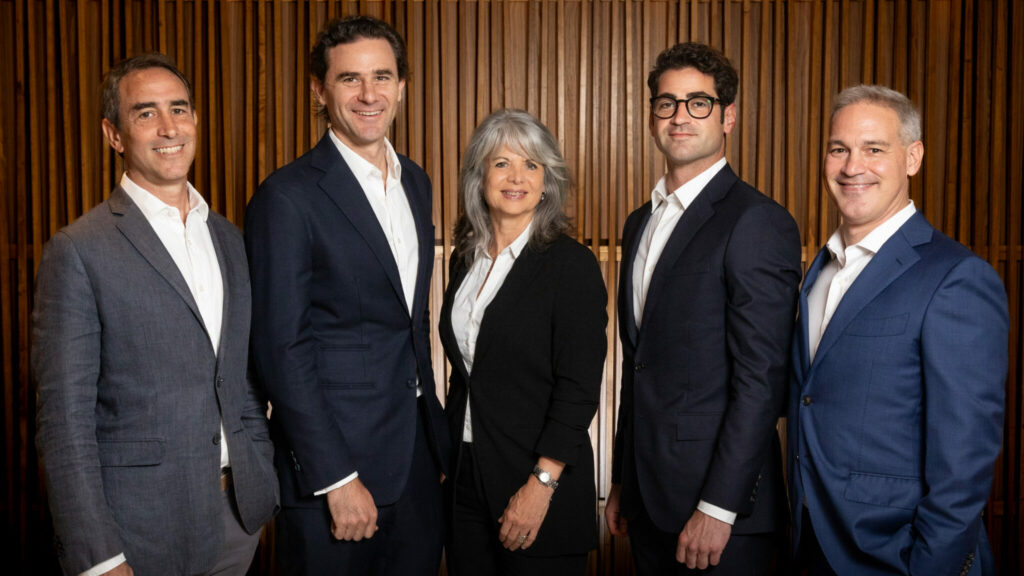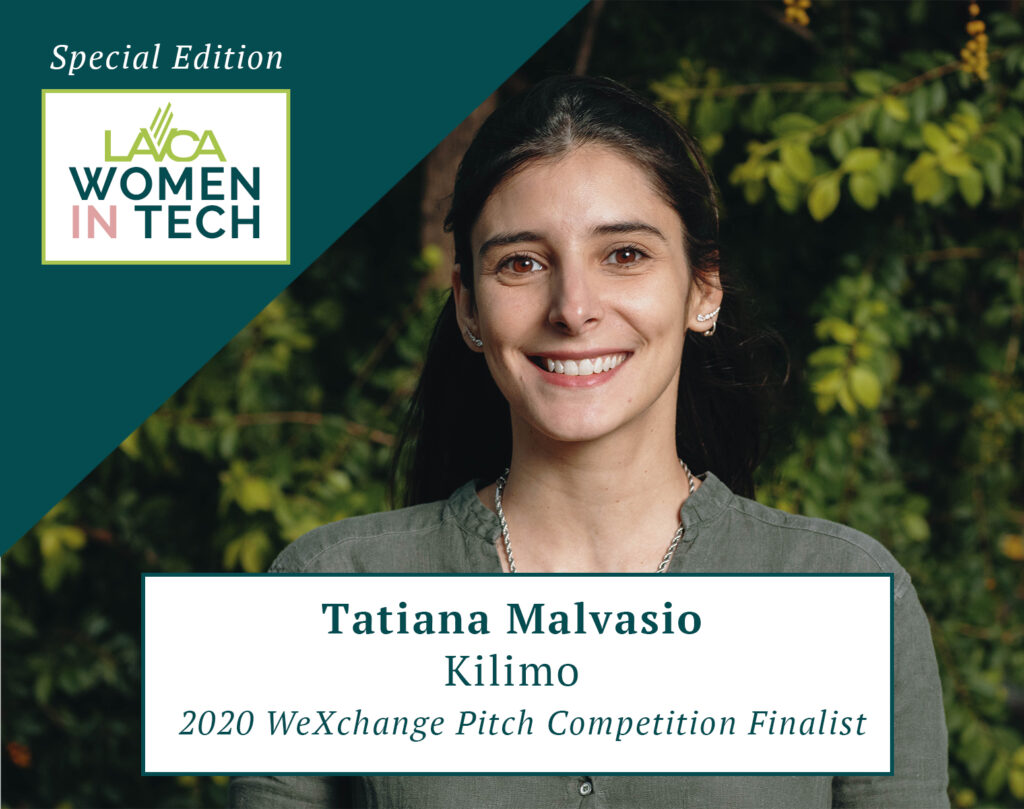Entrepreneur Profiles
Entrepreneur Profile: An Interview with Leandro Vetcher, Green Pacific Biologicals
27 January 2011

Founder and CEO Leandro Vetcher told LAVCA about his quest towards commercialization for innovative, algae-biofuels start-up, Green Pacific Biologicals and why he has operations in Chile and Silicon Valley.
 LAVCA: Please give us an overview of Green Pacific Biologicals.
LAVCA: Please give us an overview of Green Pacific Biologicals.
Vetcher: Green Pacific Biologicals (GPB) and its Chilean subsidiary are developing the next generation platform for low-cost, renewable, and scalable production of biofuel from microalgae. Algae oil has long been recognized as alternative for producing fuels, but the promise of algae as a low-cost, large-scale oil source has never been fully realized. GPB is combining its exclusive nuclear transgene expression technologies with proprietary metabolic manipulations of lipid biosynthesis and bioengineered oil secretion systems to overcome the major challenges in algae biofuel production.
The company has secured rights to a breakthrough technology platform from the Max Planck Institute that provides efficient and stable expression of nuclear transgenes. An initial production model indicates that our proprietary solutions will allow us to reduce costs by 50%-80% and be commercially competitive with crude when we reach commercial scale.
The company was founded by scientists and entrepreneurs from leading academic centers such as UCSF and MIT. Two of the founders are originally from Argentina. Our advisory team is formed by world-class algae, lipid, and cell biology scientists and successful bioentrepreneurs coming from top academic centers such as UCSF, the Gladstone Institute, Max Planck, and Fundacion Ciencia para la Vida-Chile.
LAVCA: What is your background and how did you come up with your business idea?
Vetcher: I am a biotechnologist by training, having biotechnology degrees from University of Rosario in Argentina and Columbia University in New York. I spent several years as a scientist at Kosan Biosciences leading drug development projects. Later, there, I started to work with the business development team. In 2008, I received an MBA from MIT Sloan were I focused my studies in venture capital (was a Kauffman Fellows Finalist) and the creation and growth of early stage biotechnology projects. While a student at MIT I consulted with one of the first biofuels company starting to use biotechnology.
Three main factors led to the creation of GPB. First, a strong and increasing demand for renewable, economical and scalable sources of transportation fuel. Second, a breakthrough technology platform created at the Max Planck Institute, exclusively licensed by GPB, that facilitates genetic engineering in microalgae. Lastly, innovative solutions brought by our scientific founders that leverage out technology platform to address the major cost challenges in the production of biofuels from microalgae. The technical aspects that led to the foundation of Green Pacific Biologicals come from other founders of the company including Richard Yu, PhD, and Gustavo Pesce, PhD.
LAVCA: You have teams in both Chile and the US. Can you explain the roles of each location and why you decided to structure the team in this way?
Vetcher: Our small start-up is still very focused on R&D. Both of our locations consist mainly of biotechnology laboratories focused in R&D. We have a distribution of project lines that favor the integration of the different stages in one location. Given the biological nature of our work and the tacit knowledge characteristic of biotechnology projects (vs IT/Web projects), through this set up we minimize the transfer of material between localizations and favor the acceleration of learning curves.
LAVCA: Are there strategic advantages for having a biotechnology start-up in Chile?
Vetcher: The advantages for having a biotechnology start-up in Chile are many. There are world-class scientists available at a lower cost than in the US. Many are trained in US academia or with experience in the US biotech industry. We found a good understanding and exposure of the new graduates to biotechnology research and not just pure basic research. We observe a can-do attitude at our lab in Chile (it was back online three days after earthquake last year).
Other important advantages for locating in Chile are a thriving business environment and insertion in the global economy, aggressive private and public sources of funding for biotech and cleantech, the availability of biotechnology incubator at Fundacion Ciencia para la Vida, and natural conditions for algae biofuels.
LAVCA: What are your goals for the company and how would you define success?
Vetcher: Our goal for the next 5 years is to scale-up the innovative algae-biofuels production process we have developed using biotechnology and synthetic biology. Specifically, we would like to continue our R&D work, optimize our biotechnology solutions, and build pilot and demonstration plants towards a commercialization. Success in our case is defined by the ability to produce alternative fuel feedstock at a cost competitive with crude oil at the different scales tested towards commercialization (i.e. pilot and demonstration).
LAVCA: You’ve received funding from angel and institutional investors both in Chile and the US. Can you tell us how you went about raising capital, how much and from whom you’ve received it?
Vetcher: We raised a typical seed round for a biotech project in two stages, first in the US and then in Chile. We can categorize our investors as VC funds (i.e. Austral Capital), angel groups (i.e. ChileGlobal Angels), and a group of sophisticated individual investors that include biotechnology entrepreneurs, successful businessmen, friends, family and founders.
We used a different funding mechanism- we used a convertible note with most of our investors and an equity round with our Chilean institutional investors, given some local regulations. The adoption of funding mechanisms that are more friendly to early-stage projects (i.e. convertible notes) is something that the Latin American governments, entrepreneurs and investors need to work in order to favor the creation of projects that later can be funded by VCs.
We raised these funds using our connections in the US and in Chile. We understood we had to be selective since our project was very early in an area, biofuels, where successful business models and investment strategies have not been validated. We now have completed our POC and have a plan for growth so we are discussing our next round mainly with VC and corporate funds.
LAVCA: For early stage financing, to what extent did investors take your own cash flow projections into account in their equity valuation of your company?
Vetcher: GPB is still an early-stage company with a long development cycle typical of biotechnology projects. Our initial round of financing was used to complete the proof-of-concept of our platform and solutions. I cannot speak for all of our investors, but I know some of them consider cash flow projections of not much value for such an early-stage venture. Investors have used valuations from comparable early-stage biotechnology project bearing in mind the difference between the transportation fuel market and the pharmaceutical market.
In our valuation, we consider cash flow projections with statistical modeling, comparable transactions, value of milestones achieved through techno-economic modeling, and current investment markets sentiment.
LAVCA: What role have equity investors taken in the management/operation of your company? Have you faced any challenges thus far in your relationship with equity investors?
Vetcher: Our investors currently occupy one seat in our board of directors. They have not taken a full-time role in the management of the company but they are very active in the different aspects of the company. For example, they have acted as a valuable sounding board for strategic decisions around business model, leveraging their network for potential strategic partners and investors. In addition, our Chilean investors have been instrumental in establishing our operations in Chile. We are thrilled with the support we have received from our investors.
LAVCA: Are there any notable differences between working with investors in the US versus those in Chile?
Vetcher: We don’t find significant differences between Chilean and US funds. It is hard to generalize but some of the things we have seen are that Chilean funds, given their partnership with the government, are a little more bureaucratic. At the same time, Chilean funds bring a more down-to-earth attitude which we find to be an asset in this global economic environment. Coming from Latin American, they know how to do more with less. We are impressed by the global network brought by our Chilean investors.
LAVCA: How do you plan to put your next round of financing to use?
Vetcher: We are currently in conversation with different large US cleantech funds for our next round of financing. The additional resources will be used in the optimization of our biotechnology solutions, and build a pre-pilot and pilot plants. We are observing a better reception with funds with strategic interests in energy such as corporate funds of energy companies or funds with large energy assets/projects where the co-location of an algae facility would bring synergies (i.e. power plants). In addition we are actively exploring opportunities for government funding to support our biorefinery efforts and for strategic partnerships for the production of renewable chemicals in algae.
You may be interested in...
-

Is AI a Thing in Latin America? In Conversation with Hi Ventures
LAVCA sits down with Hi Venture to discuss their evolving thesis and vision for...
-

The Future of B2B Startup Investing in LatAm: In Conversation with NXTP
NXTP Ventures recently reached a USD98m final close for NXTP Fund III, its third...
-

A 20-Year Journey: An Interview with Technisys CEO Miguel Santos
Company: Technisys Investors: KASZEK, Dalus Capital, Riverwood Capital Interview...
-

Satellite Analytics & Irrigation Systems: Interview with Kilimo COO Tatiana Malvasio
Company: Kilimo Investors: NXTP Ventures, Alaya Capital, The Yield Lab, Xpand...